The IEEE Brain Initiative eNewsletter is a quarterly online publication launched in January 2017. It features practical and timely information and forward-looking commentary on neurotechnologies and neuroengineering. eNewsletter articles can describe recent breakthroughs in research, primers on methods of interests, or report recent events such as conferences or workshops. You can contact the eNewsletter editor with any questions concerning the topic or content of your article.
Author Guidelines
eNewsletter articles are practical rather than highly technical in nature – not journal papers – to keep the community up to date on neurotechnology-related issues and developments around the world. The articles should be approximately 800-1200 words in length and can be authored by a mix of IEEE and non-IEEE members. We encourage authors to include 1-2 images or drawings to help illustrate your article, and a maximum of 20 references. Citations should be referenced as number and formatted as follows: [1] Doe, J. et al. Article title. Journal Name. 2012;32(43):14915-20. DOI: xx.xxx/yyy-zz-zz
Please make sure your opening paragraphs communicate your main message, and convey why that message is relevant or important for readers to appreciate right now. Potential elements of newsletter articles include the following:
- Statement of the challenge/opportunity: gaps, opportunities, and drivers
- Technological innovation/advances with some good simple illustrations. What is the state-of-the-art? What are emerging or pivotal? Why is this novel and important?
- Why is this important and high potential?
- Process/how to get it deployed/implemented
Submissions
Please submit your manuscript to the eNewsletter managing editor. Submissions should include the author’s bio – approx. 100 words and including details of your IEEE affiliation – and headshot photo. Please also ensure to provide high-resolution files for your images.
Submitted articles are edited and reviewed for acceptance to a specific issue. According to IEEE policies, all articles will be validated with CrossCheck, IEEE’s plagiarism checker. Submissions found to be plagiarized according to CrossCheck guidelines will not be published.
Final articles, revised if necessary to accommodate reviewers’ comments, are required 4 weeks prior to the planned issue date. The Managing Editor will provide the specific deadline.
Editor-in-Chief
 Yiwen Wang
Yiwen Wang
Yiwen Wang received B.S. and M.S. degrees from University of Science and Technology of China (USTC), Hefei, Anhui, China in 2001 and 2004 respectively. She received Ph.D. degree from University of Florida, Gainesville, FL, USA in 2008. She then joined the Department of Electronics and Computer Engineering as a Research Associate at the Hong Kong University of Science and Technology, Kowloon, Hong Kong. In 2010, she joined the faculty as an Associate Professor at Zhejiang University, Hangzhou, China. In 2017, she joined the faculty as an Assistant Professor at the Department of Electronic and Computer Engineering, Department of Chemical and Biological Engineering, the Hong Kong University of Science and Technology. Her research interests are in neural decoding of brain-machine interfaces, adaptive signal processing, computational neuroscience, neuromorphic engineering. She serves as the chair in the IEEE Brain Publications Subcommittee, IEEE BRAIN, vice chair in the IEEE EMBS Neural Engineering Tech Committee, board member in Brain Computer Interfaces Society, the editorial board of the Journal of Neural Engineering, the editorial board of Frontiers in Human Neuroscience (Brain-Computer Interfaces) and is an associate editor of the IEEE Transactions on Neural Systems and Rehabilitation Engineering. She holds one US patent and has authored more than 100 peer-reviewed publications.
E-mail: brain-newsletter@ieee.org
Managing Editor
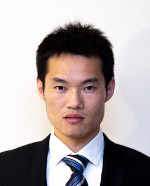 Jun Wang
Jun Wang
Jun Wang (S’16) received the B.S. degree in instrumentation from Jiangsu University, Jiangsu, China, and the M.S. degree in precision instruments from Tsinghua University, Beijing, China, in 2011 and 2014, respectively. He then got his Ph.D. degree with best thesis award in bioengineering of UC San Diego in 2019. He is currently a postdoctoral fellow at Harvard University. His current research interests include neuromorphic chip design, neural interfaces, biomedical instrumentation, and bioMEMS.
E-mail: brain-newsletter@ieee.org
Editors
Abraham Akinin received a B.S. degree in biomedical engineering and physics from the University of Miami, Coral Gables, FL, USA, in 2010. He then received M.S. and Ph.D. degrees in bioengineering from the University of California, San Diego, CA, USA in 2017 and 2020. From 2018 to 2020 he was Bioelectronics Design Engineer with Nanovision Biosciences, San Diego, CA, USA, developing a scalable and power efficient retinal prosthesis. He is currently a postdoctoral researcher at the Lawrence Livermore National Laboratory, Livermore, CA, USA.
His research interests include sensory prostheses, neural interfaces, and integrated circuits for medical instrumentation, implantables, and wearable devices.
Sung-Phil Kim received the B.S. degree from the Department of Nuclear Engineering at Seoul National University and the M.S. and Ph.D. degrees from the Department of Electrical and Computer Engineering, University of Florida, Gainesville, FL, USA. Afterward, he conducted postdoctoral research at Brown University, Providence, RI, USA. He is an Associate Professor working in the Department of Biomedical Engineering at the Ulsan National Institute of Science and Technology (UNIST), Ulsan, Korea. His research interests include brain–computer interfaces, computational neuroscience, and statistical signal processing.
Li-Wei (Leo) Ko (M’08) received the Ph.D. degree from the Institute of Electrical and Control Engineering from National Chiao Tung University (NCTU) Taiwan in 2007. He currently is Professor in the Institute of Electrical and Control Engineering and Department of Electronics and Electrical Engineering, National Yang Ming Chiao Tung University (NYCU, former NCTU), Taiwan. Dr. Ko is Associate Director of Digital Medicine Center in NYCU. He is also the affiliate
scholar at Institute for Neural Computation in University of California, San Diego (UCSD).
Dr. Ko’s H-index is 39 and has 5,230 journal citations from Google Scholar. He has published over 100 journal papers, 104 conference papers, and 8 book chapters. Dr. Ko’s primary research interests include brain-computer interface, neural engineering, computational neuroscience, and smart healthcare, especially to develop the wearable and wireless EEG device for the disease prevention, assistive diagnosis, and treatment enhancement of the neurological
diseases in the clinical studies.
In international academic service, Dr. Ko currently is the chair of IEEE Computational Intelligence Society (CIS) Taipei Chapter since 2019. He serves as the Associate Editors of the IEEE Transactions on Neural Systems & Rehabilitation Engineering, Archives of Gerontology and Geriatrics, International Journal of Fuzzy Systems, and Journal of Chinese Institute of Engineers now. He was the Associate Editor of IEEE Transactions on Neural Networks and Learning Systems in IEEE CIS from 2010-2015 and the committee member of Neural Network Technical Committee (NNTC) and Fuzzy Systems Technical Committee (FSTC) in IEEE CIS. Dr. Ko chaired a task force on “Fuzzy Modeling in Brain Computer Interactions and Cognitive Systems” in FSTC.
Ning Jiang, PhD, IEEE Senior Member, received the B.S. degree in electrical engineering from Xi’an Jiaotong University, Xi’an, China, in 1998, and the M.Sc. and Ph.D. degrees in Engineering from the University of New Brunswick, Canada, in 2004 and 2009, respectively. He was a Research Assistant Professor with Aalborg University, Denmark from 2009 to 2010, a Marie Curie Fellow with Otto Bock Healthcare GmbH, Germany, from 2010 to 2012, and a Research Scientist with University Medical Center Göttingen, Germany, from 2012 to 2015. Since 2015, he has been an Assistant Professor with the Department of Systems Design Engineering, University of Waterloo, Canada, where he was promoted to Tenured Associate Professor in July 2020. His research interests include signal processing of electromyography and electroencephalogram, and their applications in neurorehabilitation. He has authored and co-authored more than 170 journal papers and conference papers/abstracts. He is currently an Associate Editor of the IEEE Transactions on Neural Systems and Rehabilitation Engineering, IEEE Journal of Biomedical and Health Informatics, the Brain-Computer Interface, and Frontiers in Neuroscience.
Yueming Wang received a Ph.D. degree in Computer Science and Engineering from Zhejiang University, China, in 2007. From 2007 to 2010, he was a postdoctoral fellow in Microsoft Research Asia (MSRA) and the Department of Information Engineering, the Chinese University of Hong Kong. He was an associate professor in QAAS, Zhejiang University, from 2010, and has been a professor since 2016. His research interests are brain-machine interfaces and artificial intelligence. He has authored more than 100 journal papers and conference papers. He is currently an Associate Editor of the IEEE Transactions on Cognitive and Developmental Systems.
Yuxiao Yang is an Assistant Professor in the Department of Electrical and Computer Engineering (ECE) and the Disability, Aging and Technology (DAT) Faculty Cluster at the University of Central Florida (UCF). His research interests include neural engineering, stochastic signal processing, control theory, and machine learning. His research has centered on designing closed loop BMIs for neural decoding and control, aiming to provide new therapies for neurological and neuropsychiatric disorders. Prior to joining UCF, he was a postdoc at the University of Southern California (USC). He received the Ph.D. and M.S. degree in Electrical and Computer Engineering from USC in 2019 and 2018, respectively. He received the B.S. degree from Tsinghua University in 2013, majoring in Electrical and Electronics Engineering. He has received various awards including the International Brain-Computer Interface (BCI) Award (2019), the IEEE EMBC best student paper award (2015), and the McMullen fellowship from Cornell University (2013).
Milin Zhang is an associate professor in the department of Electronic Engineering, Tsinghua University. She received B.S. and M.S. degrees in electronic engineering from Tsinghua University, Beijing, China, in 2004 and 2006, respectively, and the Ph.D. degree in the Electronic and Computer Engineering Department, Hong Kong University of Science and Technology (HKUST), Hong Kong. After finishing her doctoral studies, she worked as a postdoctoral researcher at the University of Pennsylvania (UPenn). She joined Tsinghua University in 2016.
Her research interests include designing of various non-traditional imaging sensors and biomedical sensing circuit, system design and applications. Dr. Zhang serves and has served as the TPC member of ISSCC, CICC, A-SSCC and BioCAS. She is the Chapter chair of the SSCS Beijing chapter. She has received the Best Paper Award of the BioCAS Track of the 2014 International Symposium on Circuits and Systems (ISCAS), the Best Paper Award (1st place) of the 2015 Biomedical Circuits and Systems Conference (BioCAS), and the best student paper award (2nd place) of ISCAS 2017.
Past Editors
Dongrui Wu, Huazhong University of Science and Technology, Wuhan, China.


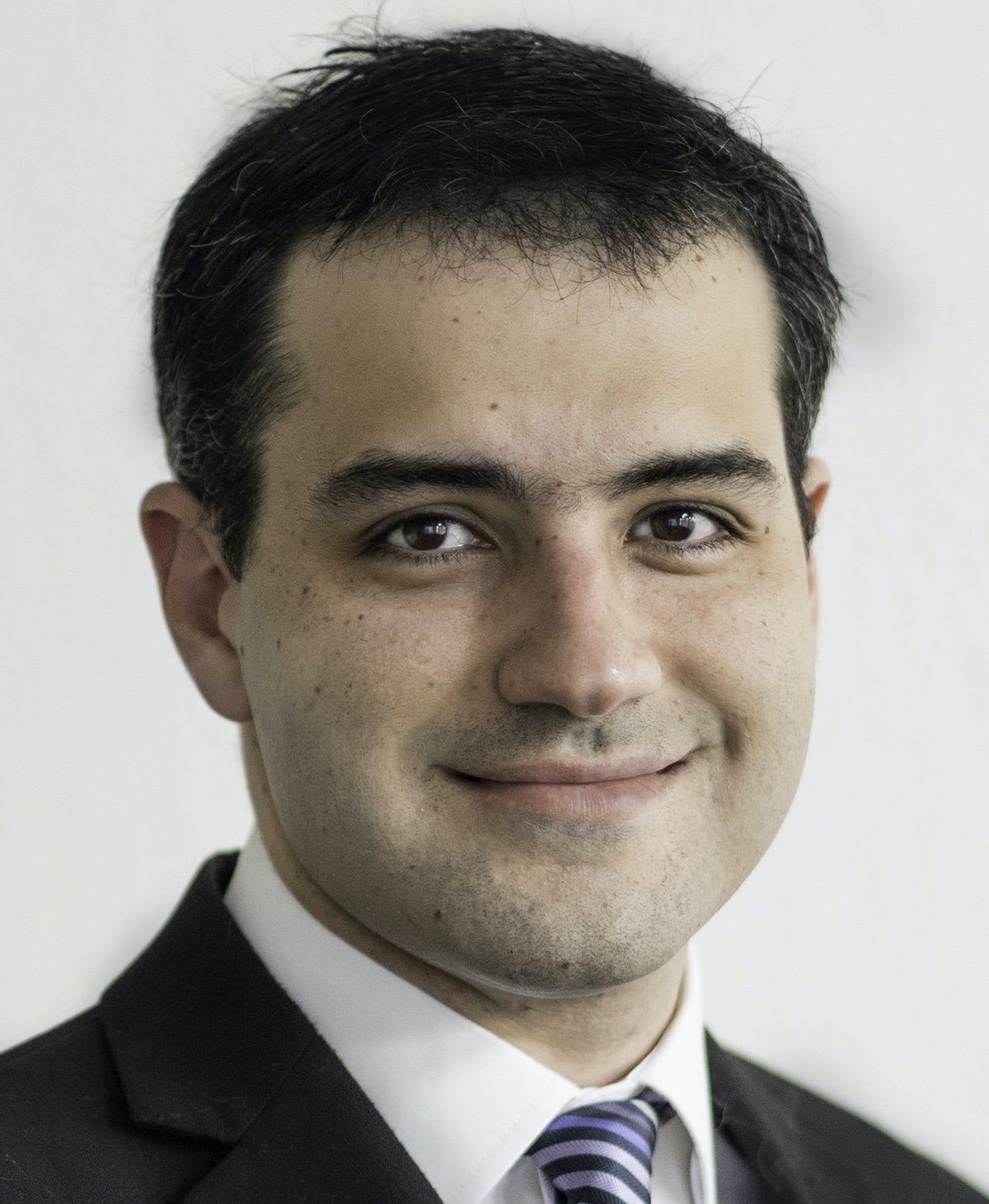 Abraham Akinin
Abraham Akinin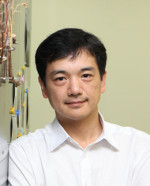 Sung-Phil Kim
Sung-Phil Kim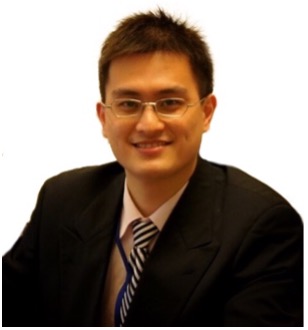 Li-Wei (Leo) Ko
Li-Wei (Leo) Ko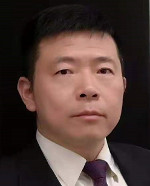 Ning Jiang
Ning Jiang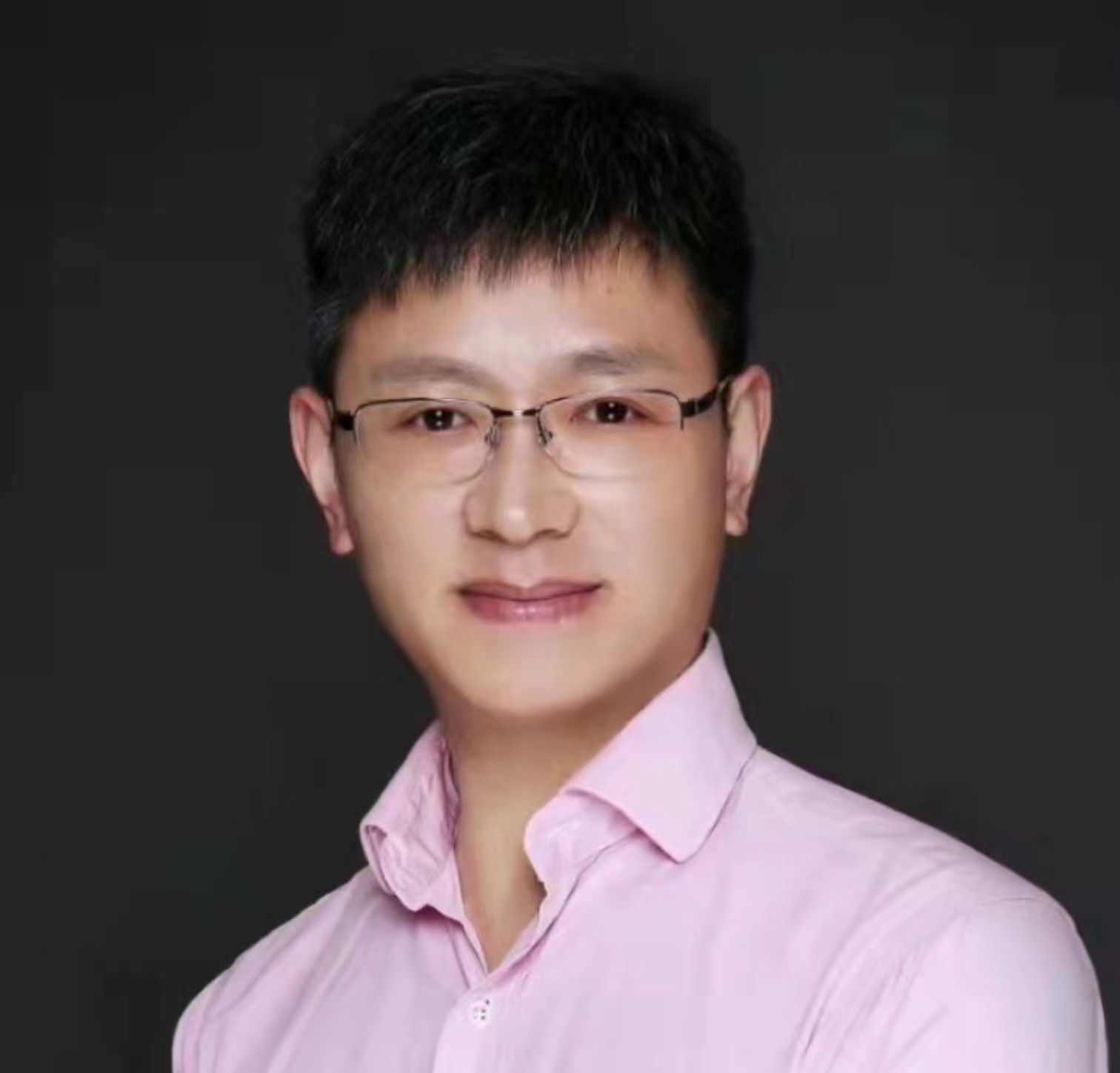 Yueming Wang
Yueming Wang Yuxiao Yang
Yuxiao Yang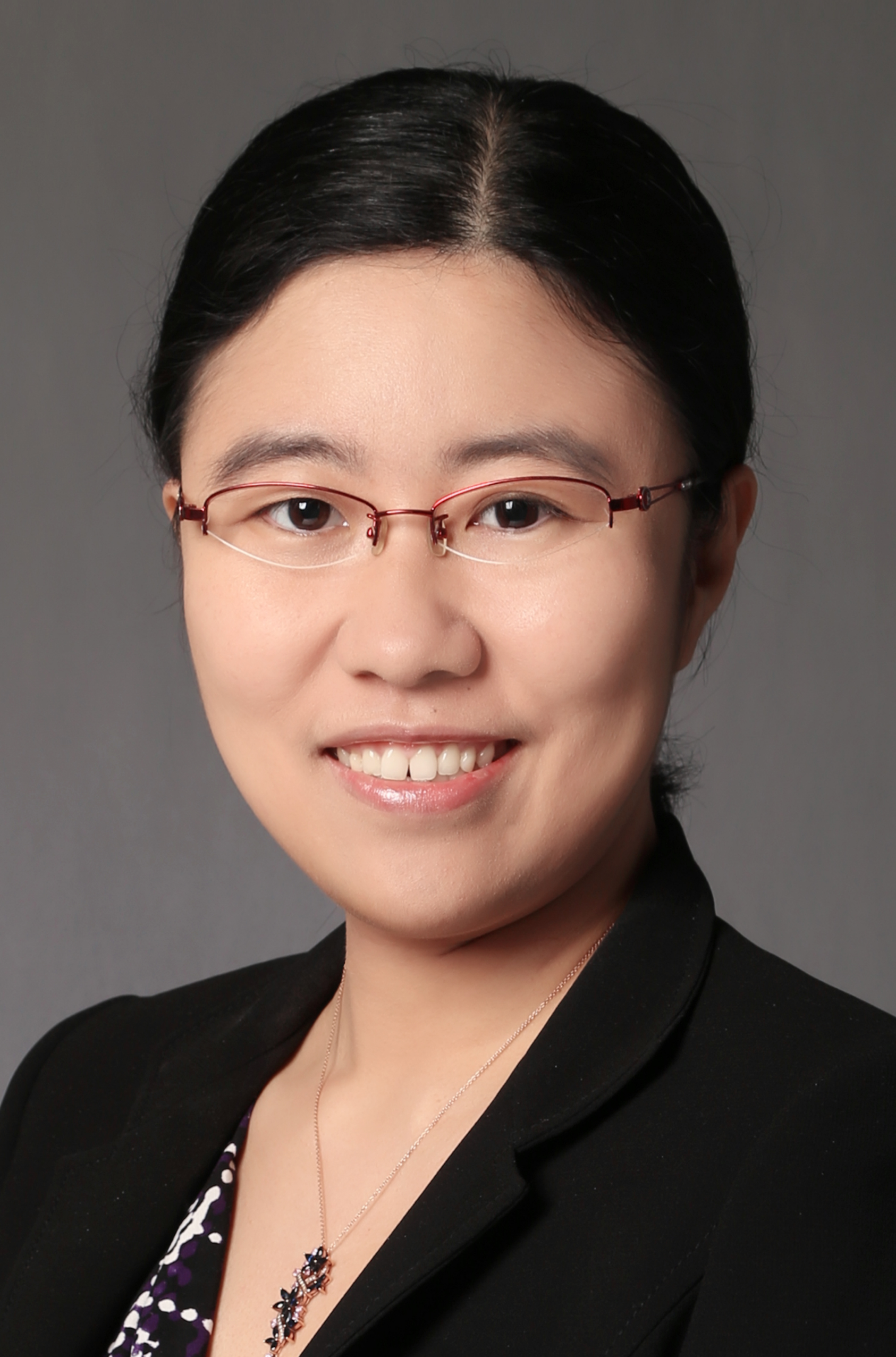 Milin Zhang
Milin Zhang